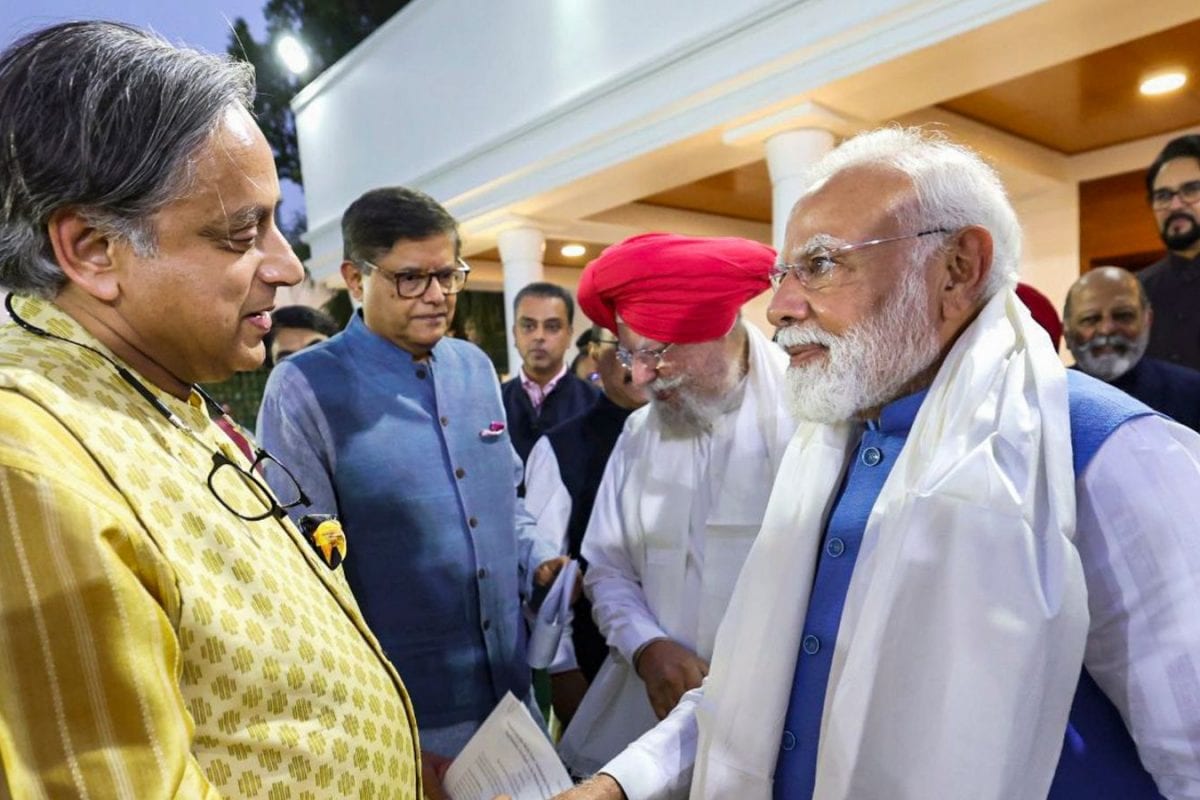

Following the recent Operation Sindoor in May 2025, several prominent Indian politicians have expressed their gratitude to Prime Minister Modi for the roles they were assigned during the outreach efforts that followed the military action. Operation Sindoor, launched in response to the devastating Pahalgam terrorist attack on April 22, 2025, which resulted in the death of 26 innocent civilians, involved precision strikes against terrorist infrastructure inside Pakistan and Pakistan-administered Kashmir.
Among those who publicly thanked the Prime Minister were Shashi Tharoor, a Member of Parliament from the Indian National Congress, and Supriya Sule, a leader of the Nationalist Congress Party. Both acknowledged the importance of cross-party collaboration during times of national crisis and expressed satisfaction with their contributions to the post-operation outreach.
Tharoor, known for his articulate communication skills, was reportedly tasked with engaging international media and diplomatic circles to present India's perspective on Operation Sindoor. His role involved explaining the rationale behind the strikes, emphasizing India's commitment to counter-terrorism, and addressing concerns about regional stability. Sule, on the other hand, focused on domestic outreach, working to maintain calm and disseminate accurate information to the public. She was actively involved in coordinating with state governments and community leaders to ensure that citizens remained informed and secure.
In their statements, both Tharoor and Sule highlighted the Prime Minister's leadership in fostering a spirit of national unity. They emphasized that despite their political differences with the ruling party, they were honored to contribute to a national cause. This sentiment reflects a broader understanding among Indian political leaders about the need to present a united front on matters of national security.
Operation Sindoor itself was a carefully calibrated response to the Pahalgam attack. According to Indian officials, the strikes targeted terrorist training camps and infrastructure belonging to groups like Jaish-e-Mohammed and Lashkar-e-Taiba. The Indian government maintained that the operation was non-escalatory and aimed at preventing further terrorist attacks. However, Pakistan disputed these claims, alleging that the strikes resulted in civilian casualties and damage to civilian infrastructure, including mosques. Following the operation, there were reports of border skirmishes and drone strikes between the two countries, further escalating tensions. However, de-escalation talks were held between the two countries which resulted in a ceasefire.
The involvement of opposition leaders like Tharoor and Sule in the post-operation outreach underscores the significance of bipartisan support in managing national security challenges. By assigning them specific roles, the Prime Minister signaled his willingness to work across party lines to address a common threat. This approach is particularly crucial in a diverse and politically charged environment like India, where consensus-building is often necessary to ensure effective governance.
The expressions of gratitude from Tharoor and Sule also highlight the importance of effective communication in managing the aftermath of military operations. In an era of rapid information dissemination, it is essential for governments to proactively engage with both domestic and international audiences to shape perceptions and maintain public trust. The roles played by these politicians in conveying the government's message and addressing concerns were vital in ensuring a coordinated and informed response to Operation Sindoor.